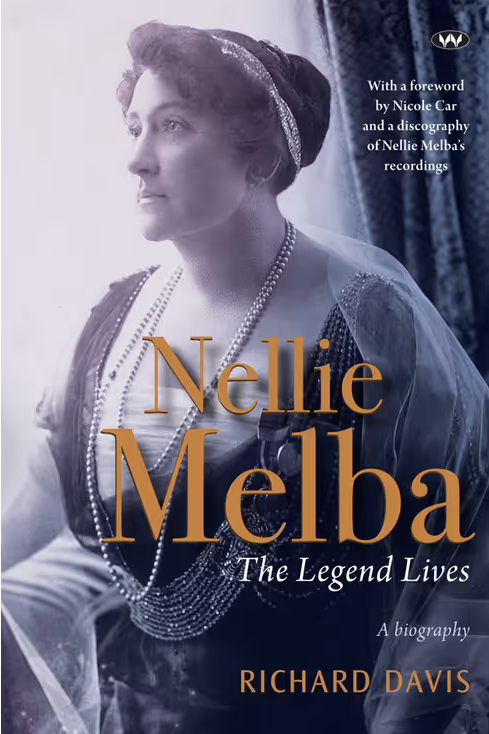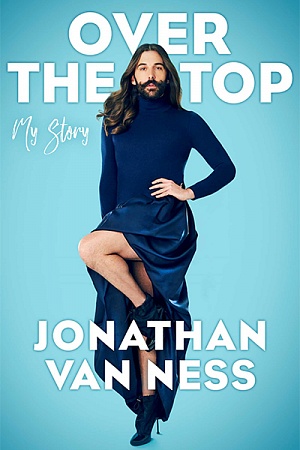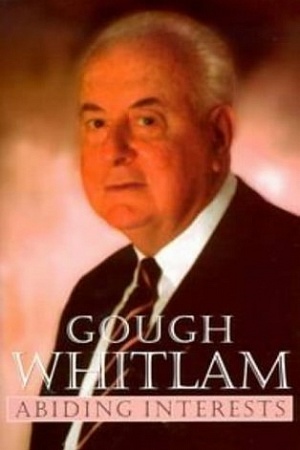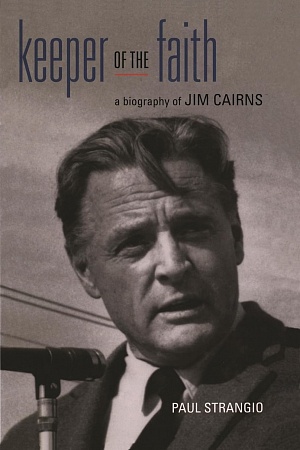Before I Forget: An early memoir
Hamish Hamilton, $45 hb, 340 pp, 9781760890339
Before I Forget: An early memoir by Geoffrey Blainey
Unlike an autobiography, which tends to be time-bound and inclusive, the memoir can wander at will in the writer’s past, searching out and shaping an idea of self. Although Geoffrey Blainey’s memoir, Before I Forget, is restricted to the first forty years of his life, its skilfully chosen episodes suggest much more. The memoir shows how Blainey set his own course as a historian and forecasts the brilliant but sometimes unexpected career that he achieved.
As a maker of memorable phrases, Blainey has few equals. As well as ‘the tyranny of distance’, which comes from one of his book titles, he has given us the ‘black armband’ view of Australia’s past and its ‘three cheers’ antithesis. His account of childhood is one of difficulties overcome without fuss. No black armbands in his private story, no regrets or complaints. He is too polite to give himself more than two cheers.
Blainey’s narrative celebrates the pleasures and challenges of growing up in rural and provincial Victoria in the 1930s and early 1940s. The second in a family of five, he was the son of a Methodist minister who earned a meagre stipend in several small towns before being moved to Geelong and Ballarat. Nurtured by loving parents, the young Geoffrey was favoured by a lucky chance that brought him to the city, and to early and dazzling success.
Always an avid reader of newspapers, Blainey discovered a scholarship that seemed made to measure for him. The winner had to be a thirteen-year-old son of a Methodist minister, living more than forty-eight kilometres from Melbourne. As well as a free place as a boarder at Wesley College, Melbourne, it offered an allowance for textbooks, weekly pocket money, and train fares home. Geoffrey’s parents were doubtful about sending their son into a less religious environment among boys from affluent homes, but they allowed him to travel to Melbourne to sit for the exam. ‘I went by myself,’ Blainey writes, as if to assert some agency in this magical windfall.
Continue reading for only $10 per month. Subscribe and gain full access to Australian Book Review. Already a subscriber? Sign in. If you need assistance, feel free to contact us.














Leave a comment
If you are an ABR subscriber, you will need to sign in to post a comment.
If you have forgotten your sign in details, or if you receive an error message when trying to submit your comment, please email your comment (and the name of the article to which it relates) to ABR Comments. We will review your comment and, subject to approval, we will post it under your name.
Please note that all comments must be approved by ABR and comply with our Terms & Conditions.